
The Tiangong-1 space lab has been in orbit for about 620 days, and about three months are left before the designated end of its service.
The module is considered the first step toward China operating a permanent space station around 2020 and making it the world's third country to do so.
The nation is likely to launch a space station before 2016.
There are risks that the conditions of some components on Tiangong-1 might not be at their best since the module is near the end of its service and has gone through four docking tests, Wu said.
For Nie Haisheng, commander of the three-member crew and a second-time space traveler, this mission will be longer, with more experiments to be conducted, than his previous outing in 2006.
"It will be a new challenge with greater risks," Nie told the media on Monday.
However, he is looking forward to entering the space lab module. "My colleagues and I will work in a home for Chinese in space," he said.
For this mission, the manned space program also considered approaching the public.
In a lecture through a live video feed system, female astronaut Wang Yaping will introduce motion in a microgravity environment, surface tension of liquid, and help students understand weight, mass and Newton's Laws.
Wang will also interact with students and teachers on Earth and the lecture will be broadcast live.
Ordinary Chinese, especially science enthusiasts, are excited about the new mission.
"It is a festival for space fans," said Zhao Yang, a researcher with the China Science and Technology Museum, who just watched the Hollywood sci-fi blockbuster Star Trek Into Darkness on Monday.
He was very much interested in the lecture to be given in space, saying, "There might be an interesting introduction about the weightless condition."
For renowned science fiction novelist Liu Xinci, Tuesday's events reinforced his belief that he will live to see space travel become accessible for all common people.
He has a very vivid vision of future life.
"In the next century, human beings will set foot on all planets in the solar system. People will inhabit the moon and Mars. A lot of people will work in space as space journeys will be as easy as flights."


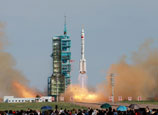
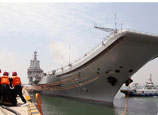
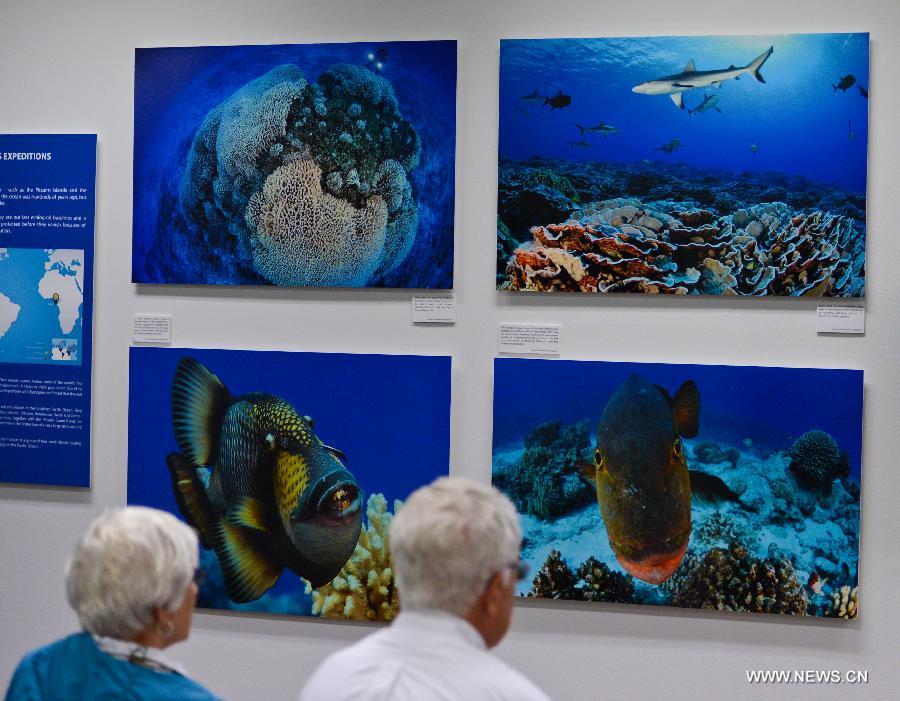
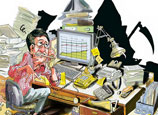
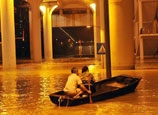
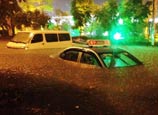


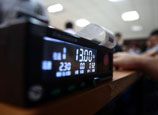









![]()
